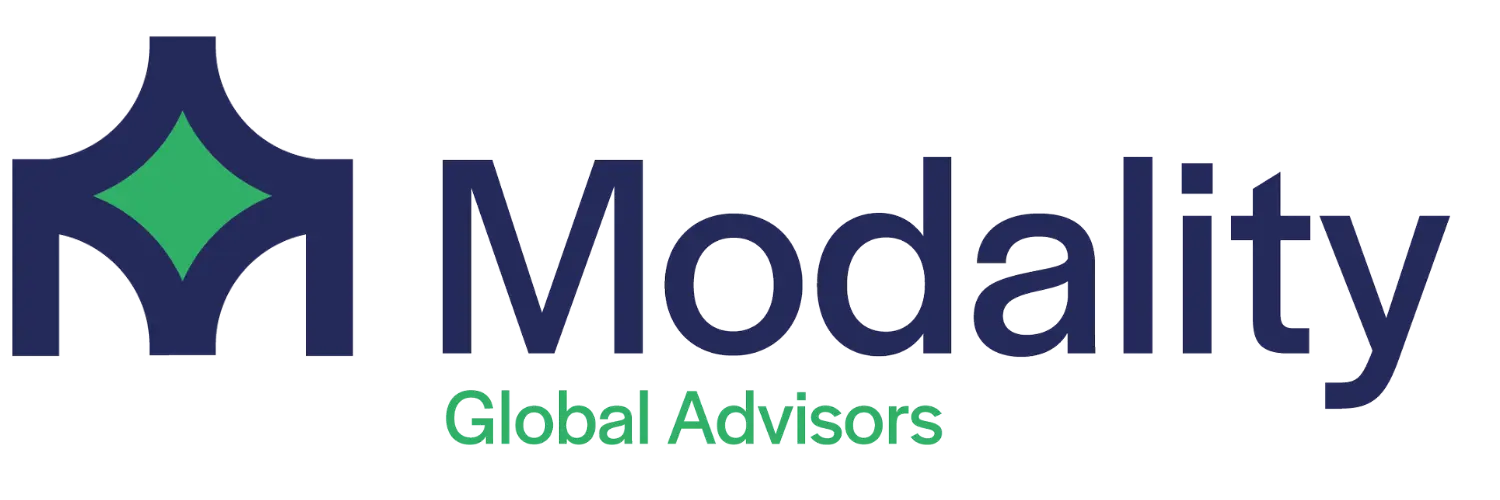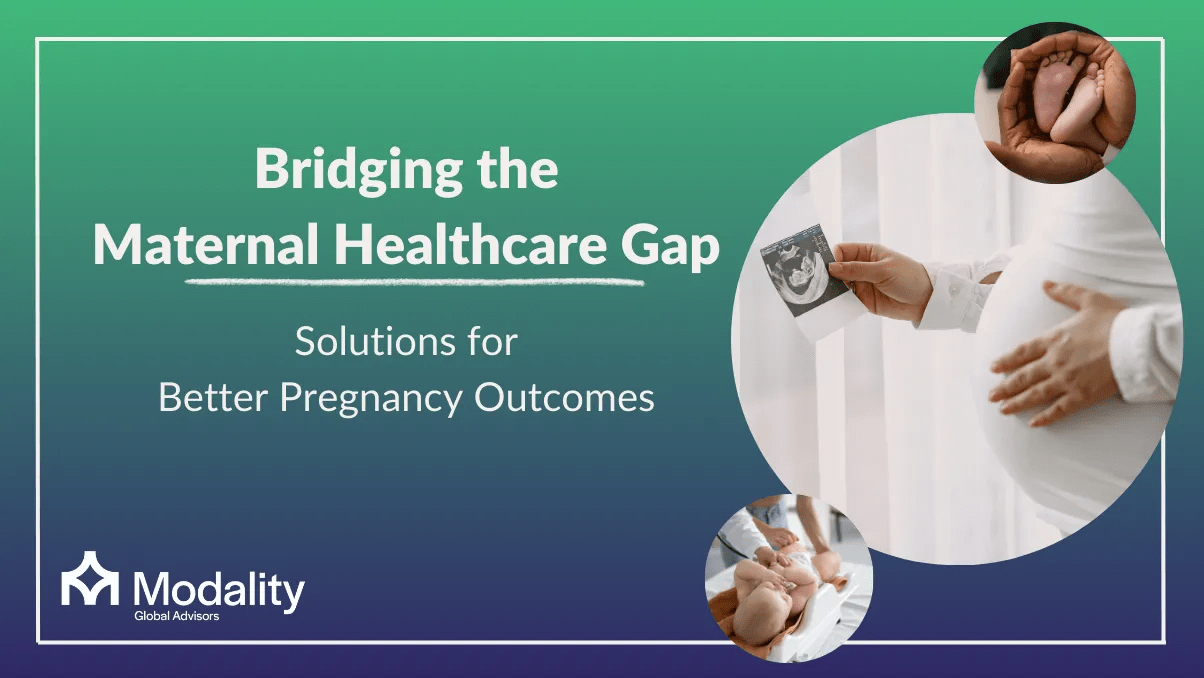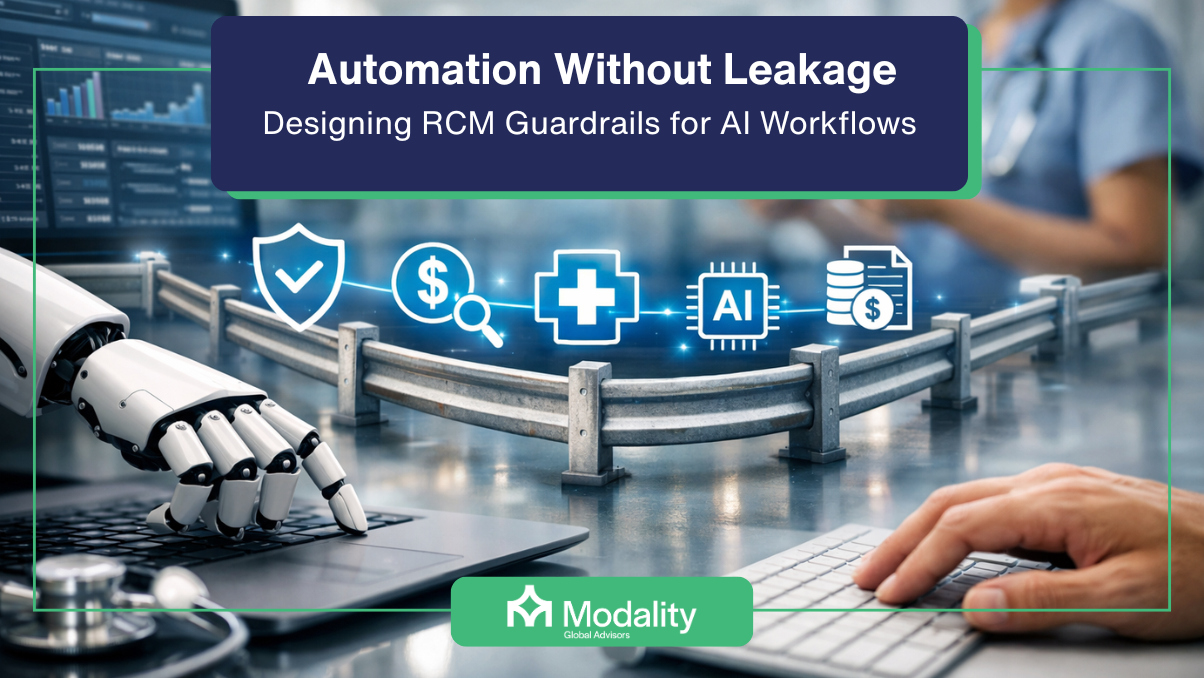Bridging the Maternal Healthcare Gap: Solutions for Better Pregnancy Outcomes
Closing the Gap: Advancing Maternal Health Equity, Everywhere
No mother should fear inadequate care in pregnancy or childbirth—yet maternal health disparities persist, especially in underserved and marginalized communities. Nearly 800 women die every day from preventable pregnancy and childbirth causes. To change this, health systems must pair compassionate care with data, equity, and coordinated action.
Why Geography, Income, and Race Still Dictate Survival
- Access: Distance, cost, and weak infrastructure limit timely antenatal, intrapartum, and postpartum care.
- Socioeconomics: Poverty, malnutrition, and low health literacy amplify risk.
- Quality & workforce: Shortages of skilled providers, limited emergency obstetric & newborn care (EmONC).
- Cultural barriers: Stigma and norms can delay or prevent care-seeking.
What Works: Evidence-Based Solutions
Community Models
Mobile clinics, telehealth, and community health workers extend ANC/PNC, triage risk early, and improve continuity.
Midwives & Doulas
Doula support is associated with lower cesarean rates and shorter labor, while midwife-led models improve safety and experience.
Data for Equity
Risk stratification and real-time dashboards identify hotspots, track outcomes by race/ZIP, and target resources.
Policy & Financing
Postpartum coverage extensions, SDOH funding, respectful maternity care standards, and outcomes-based contracts.
How Modality Global Advisors (MGA) Closes the Gap
- Inclusive Care Models: Bias-aware protocols and staff training that ensure respectful, culturally congruent care.
- Strategic Partnerships: Telemedicine + mobile clinics to reach rural and peri-urban communities.
- Workforce Development: Upskilling midwives and CHWs with evidence-based bundles (hemorrhage, hypertension, sepsis).
- Data-Driven Targeting: Analytics to pinpoint high-risk geographies, optimize referral networks, and monitor KPIs (ANC4+, SBA, PPH, NMR).
- Policy Advocacy: Support for Medicaid postpartum extensions, community funding, and equitable reimbursement.
The Way Ahead
Closing the maternal health gap demands technology that respects culture, data that drives action, and policies that fund what works. With coordinated models and equity by design, we can ensure every pregnancy is met with timely, dignified, high-quality care—regardless of income or ZIP code.
Download our Maternal Equity Playbook
Sources: WHO (2023); CDC (2022)






